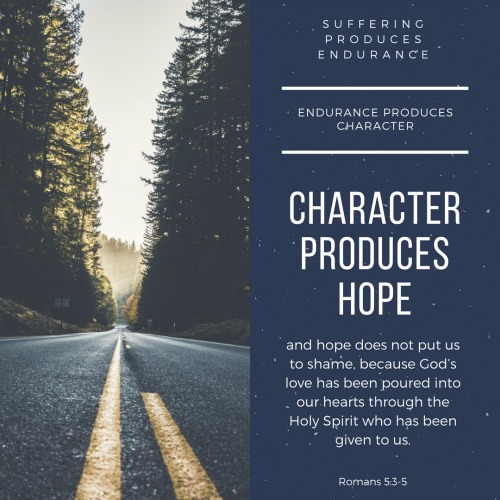
Lost and nowhere to be found in the middle of the woods. You are all alone, miles and miles away from any communication to the outside world. As the hour draws near, it starts to get dark outside, and it starts to rain. You find yourself searching for shelter to get out of the rain and rest for the night. Finally, you find a cave, a resting place.
This short story is an analogy for how we walk through life. Humans walk around looking for something significant. Everybody wants to be seen as valuable in society. People attempt to do this through their work, families, health, achievements, etc. It is exhausting, to see how much weight is put on finding value in life. Everybody wanders around to find something that will put their minds and hearts at peace.
From the time of the Fall till today, God recognizes that sense of belonging and value that individuals seek. Humans were always supposed to live with God in the garden until Adam and Eve sinned against God. They are left with a void inside themselves because of sin. People are left leading a life without a shepherd that they need (Jeremiah 50:6). Now, everybody attempts to fill that void with material goods, achievements, families, relationships, school, advancements, etc. People are running themselves exhausted because they are not rooted in the Lord.
What happens when people get to this point of exhaustion?
What does God do to help with this?
Why is being rooted in the Lord do for us?
Back to the story told from earlier, you find yourself lost, stranded, and stuck in the rain in the middle of nowhere…you are to that point of exhaustion and need a resting place. This is what happens in life, and how people find themselves in life. They get to a point where they can’t handle it anymore, and they want to give up or find some type of answer for why everything is falling apart in their world.
God knows that everyone can’t do this alone, and that is why He wants us to see Him as our resting place. Psalm 62:5-7 says, “Yes, my soul, find rest in God; my hope comes from him. Truly he is my rock and my salvation; he is my fortress, I will not be shaken. My salvation and my honor depend on God; he is my mighty rock, my refuge”. When we are to that point of exhaustion, to the point of giving up, God gives us that cave every time. He always provides a resting place in Him.
Throughout all of the Gospels, Jesus tells all the people, to allow Him to take their burdens and rest in Him (Matthew 11:29). Jesus came to give us rest from all of our labors. He came, so that way, the burden of sin would no longer leaving us to feel lost and broken.
The longing and value that everybody is attempting to find on their own are found in a relationship with Jesus Christ. In 2 Corinthians 5:17, Paul says, ” Therefore, if anyone is in Christ, he is a new creation. The old has passed away; behold, the new has come”. Everything that you are searching for is in Christ Jesus. He is the resting place that we are all longing for. He provides that cave for us every time we need it!



